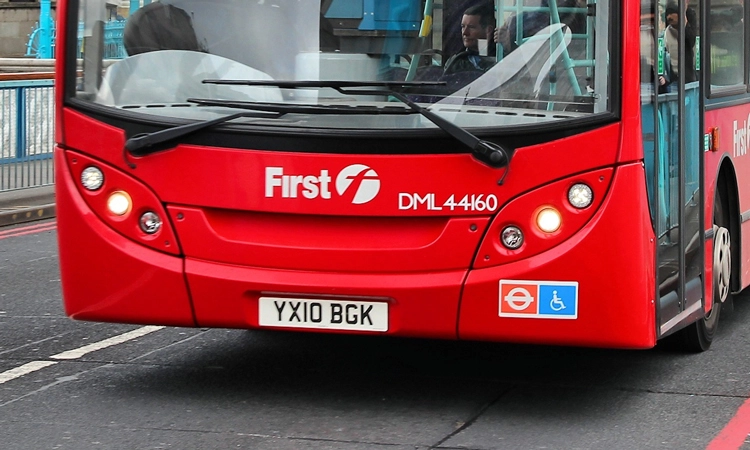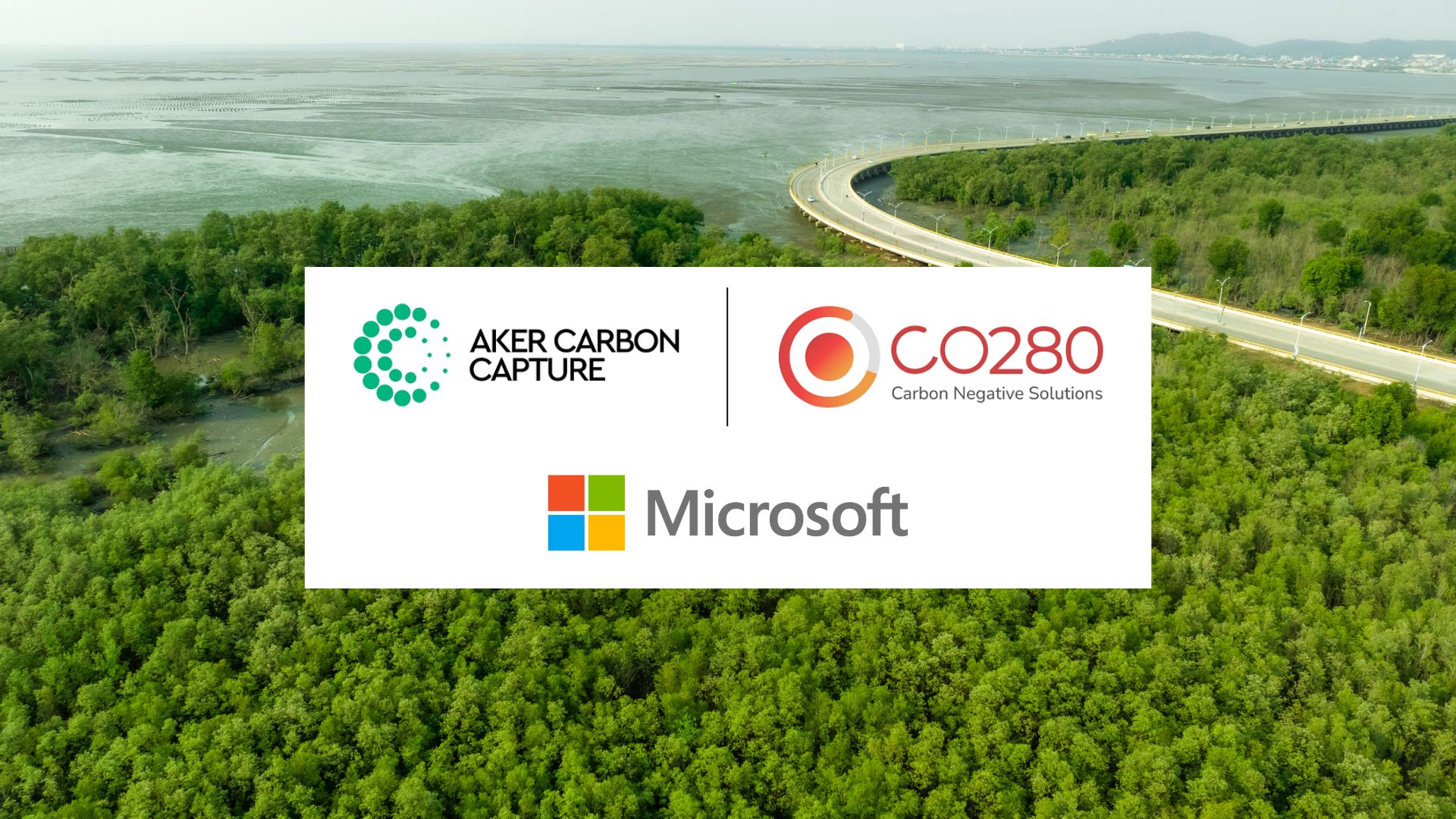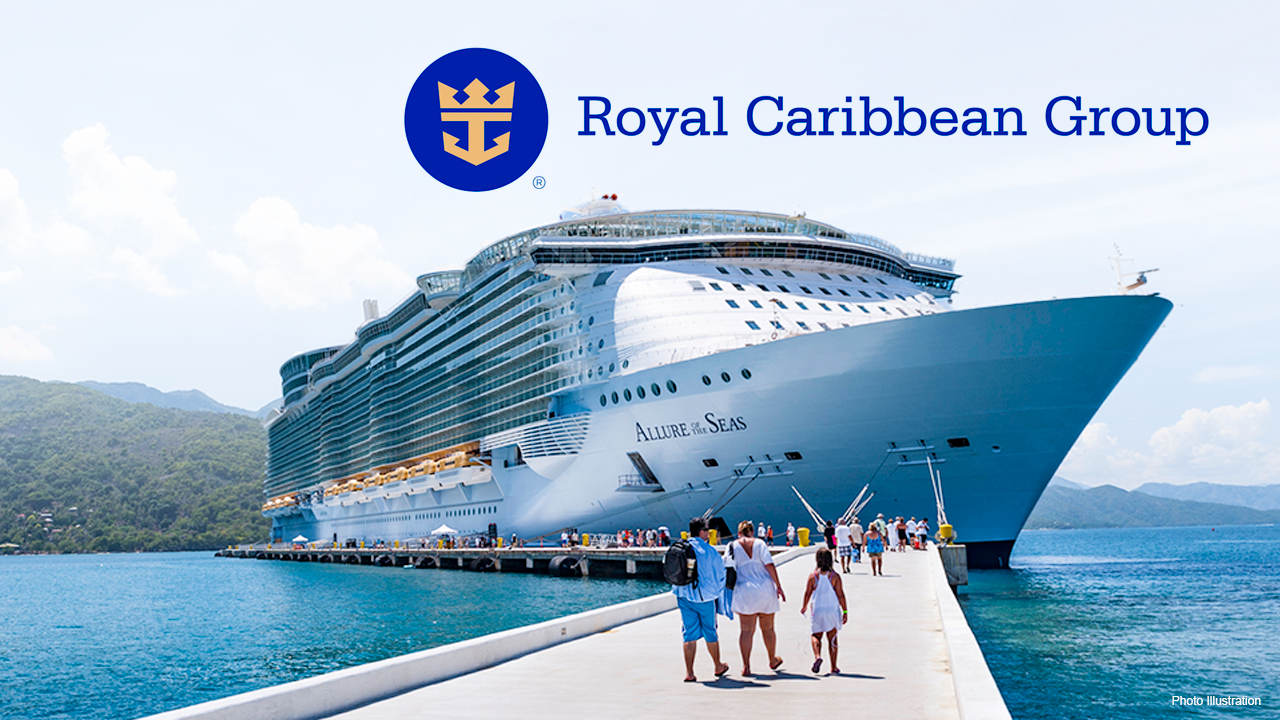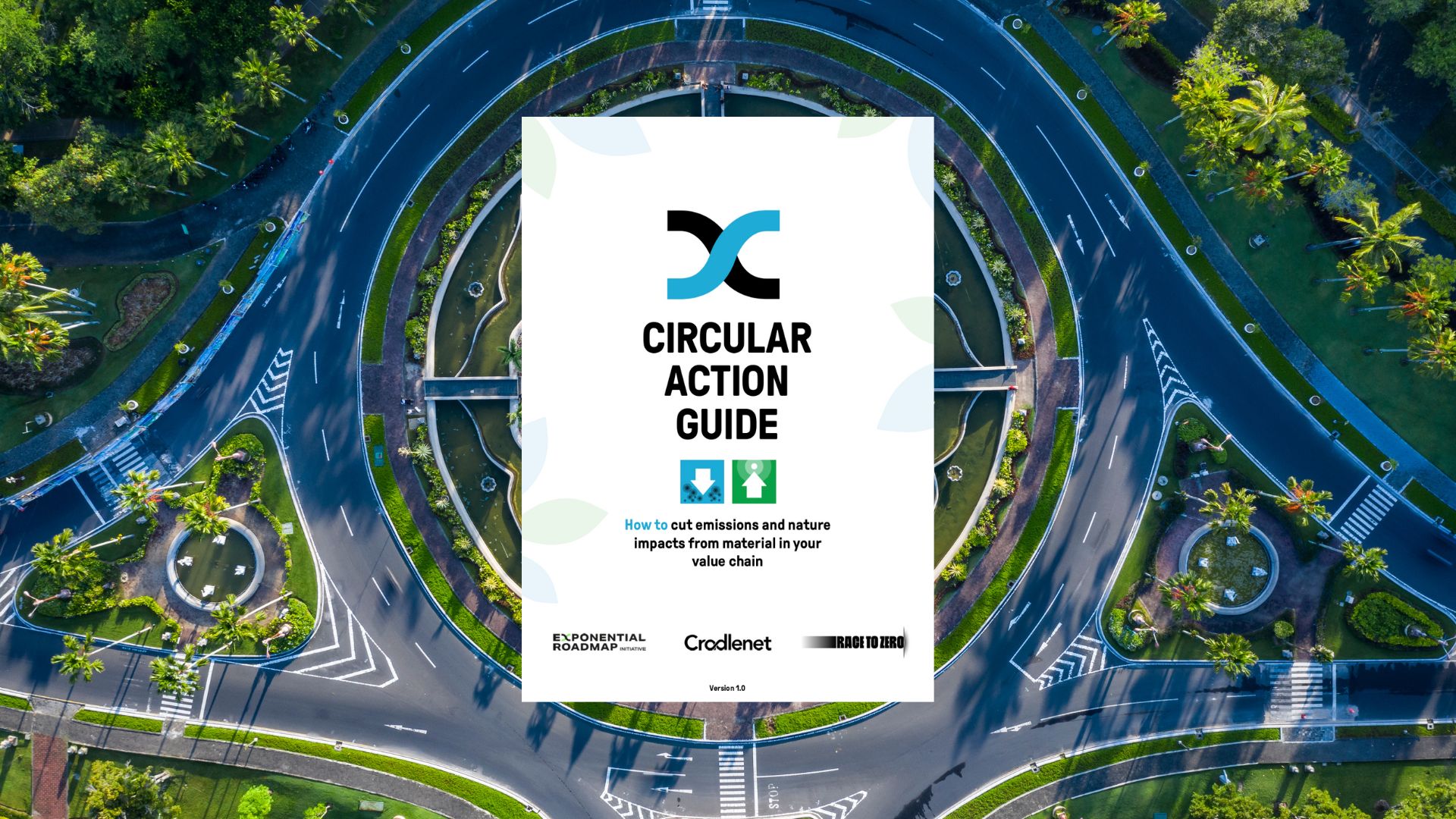FirstGroup to Bolster Electric Fleet with 117 Additional Buses

|
Listen to this story:
|
York and Norwich set to become the UK’s first bus depots outside of London to run fully electric fleets
• Four First Bus depots benefit from boosted joint investment in electric fleet
• First Bus to reach a total of over 600 zero emission buses across the UK by March 2024
First Bus has announced that two of its depots will operate fully electric fleets by March 2024, with York and Norwich set to become the UK’s first bus depots outside of London to reach this milestone.
First Bus and its local authority partners have been successful in securing Department for Transport (DfT) approval to boost their existing Zero Emission Bus Regional Area (ZEBRA) projects in four locations.
This means the company will co-fund an additional 117 electric buses across our York and Bramley depots in West Yorkshire, one of our Norwich depots in Norfolk and the Hoeford depot in Hampshire, with 58% of the funding provided by First Bus and the remaining 42% from the UK Government’s ZEBRA scheme.
Alongside the first two all-electric depots for First Bus in Norwich and York, the latest award for the Hoeford depot will now mean that all commercial routes operating out of the depot will be fully electric. This will bring the depot’s total electric bus fleet up to 62 as a result of the combined ZEBRA funding.
First Bus will also continue to work with Leicester City Council on the ZEBRA project at the depot in the city with the pioneering deployment of 68 vehicles.
At the conclusion of the ZEBRA projects, First Bus will have over 600 zero emission buses in their fleet. Additional investment from First Bus will total £35 million and will accelerate the zero emission transformation of these sites.
See related article: USPS Moves Forward with Awards to Modernize and Electrify the Nation’s Largest Federal Fleet
Supporting the heart of the communities it serves, the company will now convert these depots and install the necessary infrastructure to house these state-of-the-art vehicles in partnership with the local electricity Distribution Network Operator and local authorities.
Roads Minister Richard Holden, said: “Buses are the most popular form of public transport, and these new British-built zero emission buses will support hundreds of high-quality manufacturing jobs in Northern Ireland, grow our economy and help clean up the air in towns and cities across the country.
“We’re providing an additional £25.3 million to roll out 117 new buses to provide residents in Yorkshire, Norfolk, and Portsmouth with better, cleaner and quieter journeys, as we step up a gear to reach net zero faster and level up transport across the country.”
Janette Bell, Managing Director, First Bus said: “This is a significant milestone on our decarbonisation journey. We are delighted to be accelerating investment in the electrification of our bus fleet and infrastructure, supported by co-funding from the Department for Transport. As leaders in sustainable mobility, we are fully aligned with the Government’s ambitions for a net-zero carbon transport system.
“We are rapidly transforming our business with zero emission bus fleets and will continue to work closely with central and local Government across the UK to deliver our decarbonisation plans. We are excited to take our people on this journey with us and look forward to these projects coming to fruition and the first vehicles going into service for our customers.”
This latest boost brings the total investment from First Bus to £82m, alongside ZEBRA funding of £63m. This includes First Bus’s previous ZEBRA success last year, which saw the operator place the largest order of electric buses to date with 193 vehicles from British manufacturer Wrightbus.
All ZEBRA projects are run in close partnership with the Local Authorities in these regions, bringing transformational results to the local bus fleet and enhancing journeys for our communities and the environment.
Each regional project in England will now be completed by March 2024, which is another huge step towards achieving its pledge of an entirely zero emission fleet by 2035.






